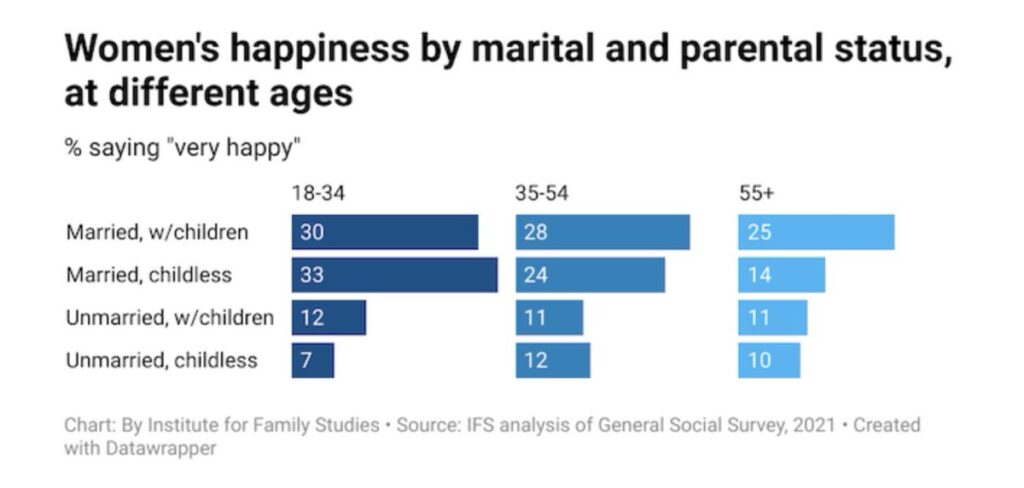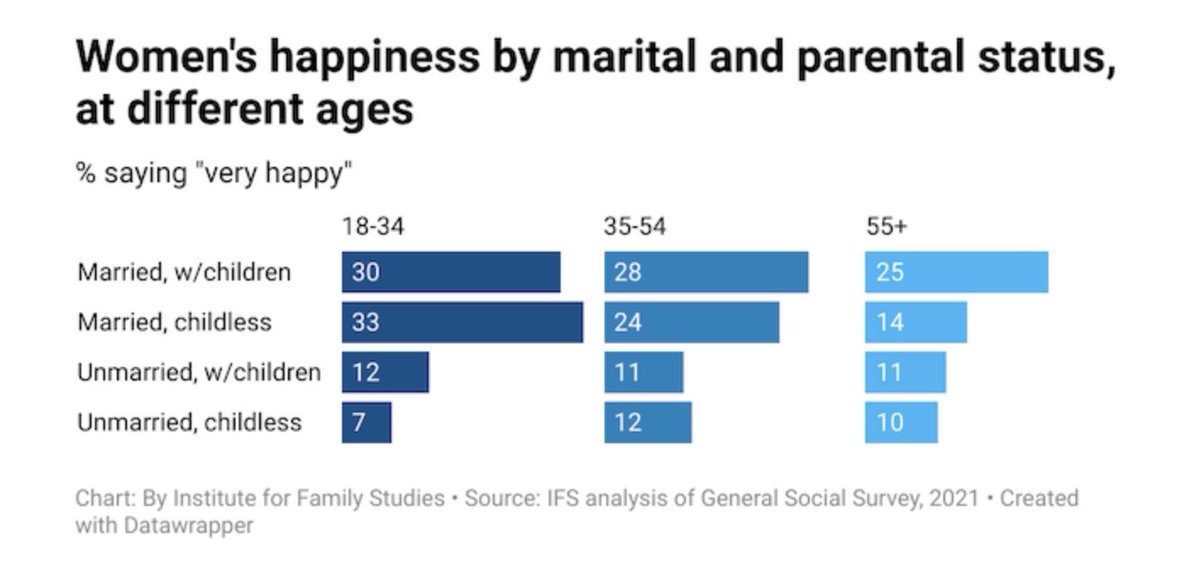
Are Childless Adults Happier? Exploring Happiness Beyond Parenthood
The question of whether childless adults are happier than parents is a complex one, sparking debate and research across various fields. Societal expectations often center on the idea that having children brings ultimate fulfillment, but is this universally true? This article dives into the nuances of happiness among those who choose not to have children, examining the factors that contribute to their well-being and contrasting them with the experiences of parents. Understanding whether childless adults are happier requires a careful look at various aspects of life, including financial stability, personal freedom, and social connections.
Defining Happiness: A Subjective Perspective
Happiness, as a concept, is inherently subjective. What brings joy and contentment to one person may not resonate with another. For some, raising children is the ultimate source of happiness, providing a sense of purpose and unconditional love. For others, happiness may be found in career achievements, personal hobbies, travel, or simply enjoying the freedom of a child-free life. Therefore, when considering whether childless adults are happier, it’s crucial to acknowledge the diverse paths to happiness.
Studies on happiness often rely on self-reported data, which can be influenced by social desirability bias. People may feel pressured to report higher levels of happiness if they believe it’s the socially acceptable response. This is particularly relevant when discussing parenthood, as there can be a strong societal expectation to portray it as a joyful and fulfilling experience. Examining the data objectively, it’s important to recognize that defining and measuring happiness is fraught with challenges.
Research on Happiness and Parenthood: What the Data Says
Research on the happiness levels of parents versus childless adults presents a mixed bag of results. Some studies suggest that parents experience lower levels of happiness and life satisfaction compared to their child-free counterparts. This can be attributed to factors such as increased stress, financial strain, and sleep deprivation associated with raising children. However, other studies indicate that while parents may experience more stress, they also report a greater sense of meaning and purpose in life. These conflicting findings highlight the complexity of the issue.
One meta-analysis, encompassing data from numerous studies, found that parents reported lower levels of marital satisfaction and overall happiness compared to non-parents. This was particularly true for mothers of young children. However, the study also noted that the long-term effects of parenthood on happiness can be positive, as children grow older and become more independent. The initial dip in happiness experienced by new parents may be offset by the later joys of watching their children grow and achieve their own milestones.
It’s also important to consider the cultural context when interpreting research on happiness and parenthood. In some cultures, having children is highly valued and seen as essential for social acceptance and fulfillment. In these contexts, childless adults may experience greater social pressure and stigma, which can negatively impact their well-being. Conversely, in cultures where there is more acceptance of diverse lifestyles, childless adults are potentially less likely to feel pressured or judged for their choices, leading to higher levels of happiness.
Factors Contributing to Happiness in Childless Adults
Several factors can contribute to the happiness and well-being of childless adults. These include:
- Financial Stability: Without the financial burden of raising children, childless adults often have more disposable income to pursue their interests, travel, and invest in their future. This financial freedom can contribute to a greater sense of security and well-being.
- Personal Freedom: Childless adults have greater freedom to pursue their passions, travel spontaneously, and dedicate time to their personal hobbies and interests. This freedom can lead to a greater sense of fulfillment and personal growth.
- Career Opportunities: Without the demands of childcare, childless adults may have more opportunities to focus on their careers and advance professionally. This can lead to a greater sense of accomplishment and financial security.
- Strong Social Connections: Childless adults often invest more time and energy in building and maintaining strong relationships with friends, family, and partners. These social connections can provide a sense of belonging and support, contributing to overall happiness.
- Health and Well-being: Studies have shown that childless adults often report better physical and mental health compared to parents. This may be due to factors such as lower stress levels, more time for exercise and self-care, and better sleep.
The Role of Choice: Voluntary vs. Involuntary Childlessness
It’s crucial to distinguish between voluntary and involuntary childlessness when examining happiness levels. Voluntary childlessness refers to individuals who actively choose not to have children, while involuntary childlessness refers to those who desire children but are unable to conceive due to medical reasons or other circumstances. Research suggests that voluntary childless adults are happier than those who are involuntarily childless.
Individuals who voluntarily choose not to have children often have a clear understanding of their priorities and values. They have made a conscious decision to prioritize other aspects of their lives, such as career, travel, or personal growth. This sense of control and autonomy can contribute to a greater sense of happiness and well-being. In contrast, individuals who are involuntarily childless may experience feelings of grief, loss, and disappointment, which can negatively impact their mental health and overall happiness. [See also: Coping with Infertility: Support and Resources]
Challenging Societal Norms and Expectations
Societal norms often place a strong emphasis on parenthood as the ultimate goal in life. This can create pressure and judgment for childless adults, particularly women, who may be perceived as selfish or incomplete if they choose not to have children. Challenging these norms and expectations is essential for creating a more inclusive and accepting society where individuals are free to make their own choices about parenthood without fear of judgment.
It’s important to recognize that there are many valid paths to happiness and fulfillment. Parenthood is not the only way to experience love, joy, and purpose in life. Childless adults can lead rich and fulfilling lives, contributing to society in meaningful ways through their careers, volunteer work, and personal relationships. [See also: Finding Purpose Beyond Parenthood]
The Impact of Generational Differences
Attitudes towards parenthood and childlessness are evolving across generations. Younger generations are more likely to question traditional norms and expectations surrounding family and career. They are also more likely to prioritize personal freedom and self-fulfillment, which may lead to a greater acceptance of childlessness as a valid life choice.
Millennials and Gen Z are also more likely to be open about their struggles with mental health and to seek help when needed. This increased awareness and willingness to address mental health issues can contribute to overall well-being, regardless of whether or not they choose to have children. The stigma surrounding mental health is decreasing, making it easier for individuals to prioritize their emotional and psychological needs. As societal attitudes continue to evolve, the question of whether childless adults are happier will likely become less relevant, as individuals are increasingly empowered to define happiness on their own terms.
Conclusion: Happiness is a Personal Journey
Ultimately, the question of whether childless adults are happier than parents is not a simple one to answer. Happiness is a subjective experience that is influenced by a multitude of factors, including personal values, social connections, financial stability, and career satisfaction. While some studies suggest that parents experience lower levels of happiness compared to childless adults, others indicate that parenthood can bring a unique sense of meaning and purpose to life.
The key takeaway is that there is no one-size-fits-all answer to the question of happiness. What matters most is that individuals are able to make informed choices about parenthood that align with their values and priorities. Whether someone chooses to have children or not, their happiness depends on their ability to create a life that is meaningful and fulfilling to them. Focusing on building strong relationships, pursuing personal passions, and contributing to society can contribute to happiness and well-being, regardless of parental status. The pursuit of happiness is a personal journey, and the path to fulfillment is unique for each individual. It’s important to remember that both parents and childless adults can find joy and satisfaction in their lives, and that the definition of happiness is ultimately a personal one.

